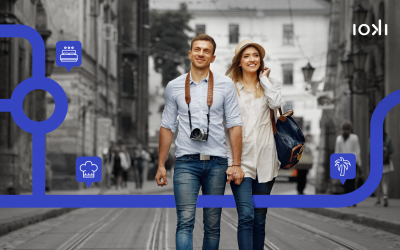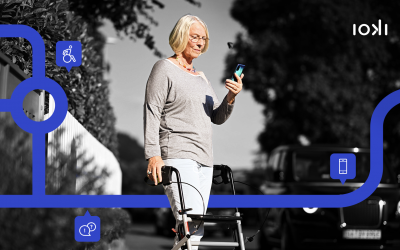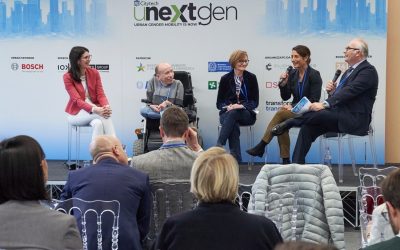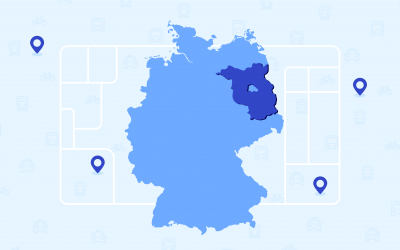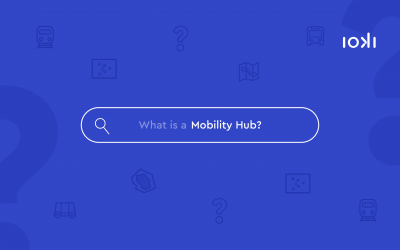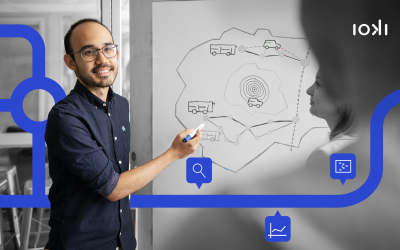Categories
Vous n’y comprenez rien ? Laissez-nous vous éclairer et aborder les questions relatives à la conception de solutions de mobilité modernes : comment concevoir une mobilité adaptée aux besoins ? Comment les solutions numériques influencent-elles le développement des transports publics d’aujourd’hui ? Qui sont les têtes pensantes qui réfléchissent à la mobilité et comment ? Nous consignons nos réflexions et nos réponses à ces questions dans notre carnet numérique. Pour vous, pour nous, pour des élans passionnants, pour des transports publics modernes et pour des solutions de mobilité intelligentes et hautement connectées.
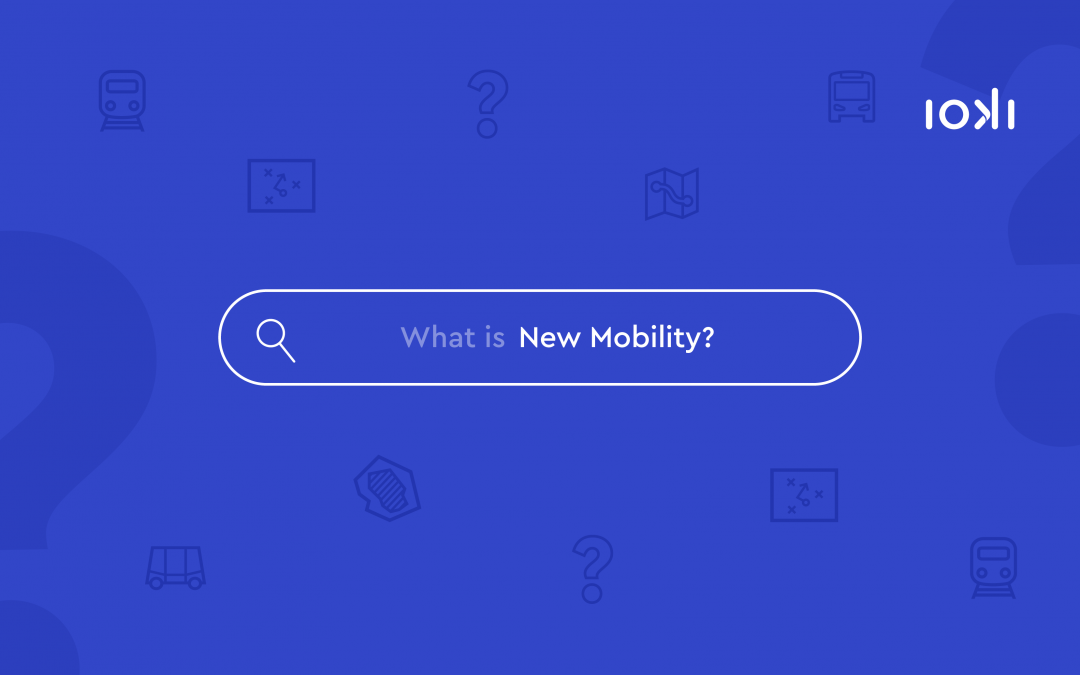
What is… New Mobility?
« New Mobility » is often referred to as « smart mobility » and is a collective term for many innovations relating to technology and mobility. These new mobility services combine digitalisation with traditional mobility and use the advantages of the internet. New mobility services include bike sharing, demand-responsive transport, ride hailing and smart parking.
Off to new places: ioki creates first tourism mobility analysis
The focus of mobility analyses by ioki is the development of individual and customised recommendations. The result: integrated transport planning, a forward-looking mobility mix and optimised public transport services. What previously focussed mainly on everyday mobility has now been extended to include tourist mobility.
Senior-friendly public transport: What should age-appropriate public transport look like?
Europe’s population is ageing. in 2019, more than a fifth (20.3 per cent) of the EU-27 population was at least 65 years old. And the trend is still rising. Demographic change is a challenge for public transport, but it can also be an opportunity for growth with a customised mobility offer for senior citizens. After all, if older people no longer drive, they are increasingly dependent on public transport in order to continue to actively participate in social life.
ioki at Citytech UNextGen: How can cities become more liveable, safe and sustainable for everyone?
The Citytech UNextGen event in Milan has revolved around this question. The Head of Sales and Business Development at ioki, Laura Reupke, and our Sales and Business Development Manager Manuel Manzoni have attended the event and now look back to share some insights with us.
Mobility Turn now! Mobility of the future in Brandenburg
In this edition of the blog series « Mobility turn now! », we are focusing on the largest of Germany’s eastern federal states relating to area: Brandenburg. In addition to the Spreewald cucumbers and unspoilt nature, Brandenburg has a lot to offer in terms of new mobility and Smart Cities.
What is … a Mobility Hub?
Mobility Hubs, also known as Mobility stations, are publicly accessible locations where various modes of transport and sharing services converge. These can be S-Bahn (suburban train) and subway stations in an urban context, or even a bus stop in the countryside where rental bikes are available or important bus routes intersect. At these stations, people can easily switch from one mode of transport to another. Mobility hubs promote efficient and sustainable mobility by offering various mobility services, otherwise known as Mobility-as-a-Service (MaaS). The concept can be expanded from a simple bus stop to large Mobility Hubs, for example, with a combination of on-demand transport, car sharing stations, or e-scooters.
Ridepooling in Transport Planning
Demand-responsive transport based on the ridepooling concept is on everyone’s lips and has long been an important pillar of individual, public transport. Data-based transport planning is needed to realise the full potential of on-demand mobility. When transport companies want to start a new on-demand operation, they inevitably face the question of the right ridepooling design and the best balance between the costs and benefits of the flexible offer.

